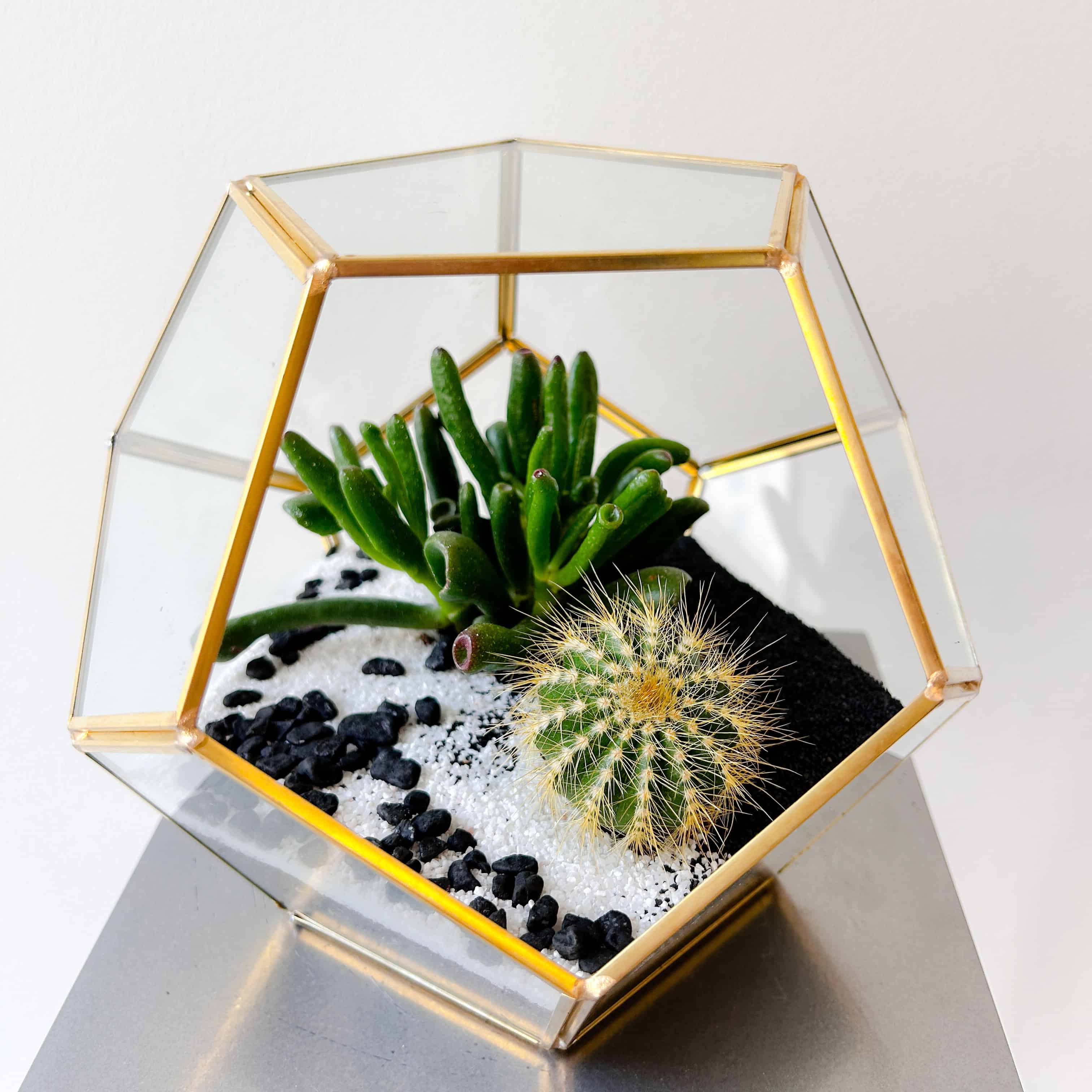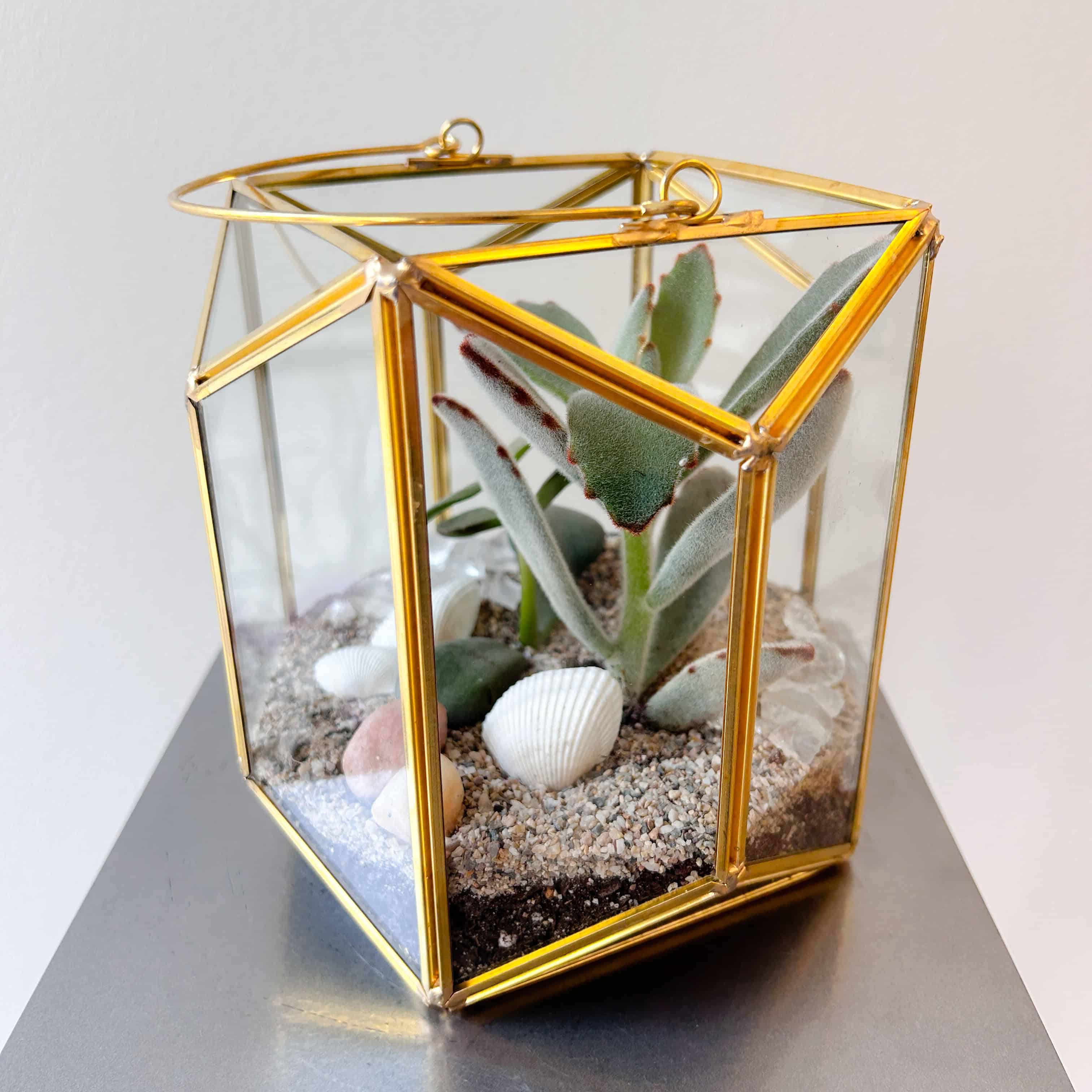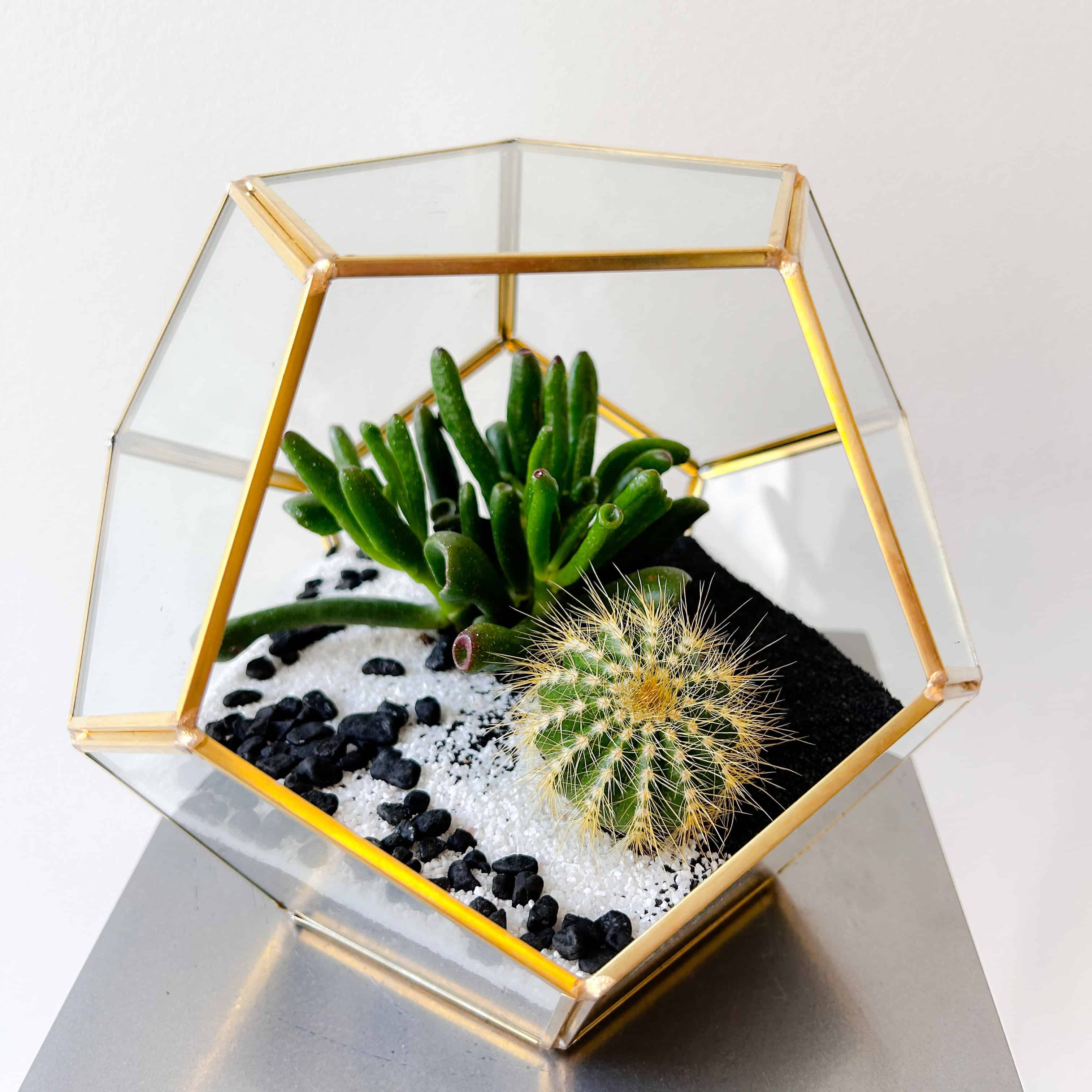Have you ever thought where to buy succulent plants in Toronto? Step into the world of small plants in our collection. Succulent plants are perfect for adding a touch of green to any space, be it your home or office desk. They're easy to care for, making them great for both beginners and plant enthusiasts.
We offer different types of succulents in Toronto, ranging from mini succulents larger indoor succulent plants. From desk-sized plants to larger succulent arrangements, we've got something to suit every spot in your home or office. Brighten up your day with a small succulent gift, a simple yet striking way to bring nature indoors.
Please note that depicted plants can slightly vary depending on availability without changing overall concept and beauty of design.
We deliver our succulent arrangements in easy-to-handle bags. Each comes with the option of adding a personal, hand-written card, making your gift truly special.




